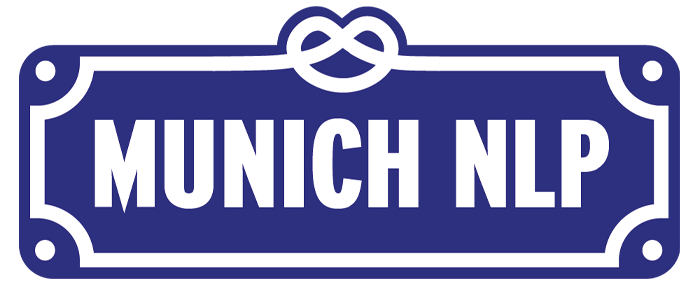PyData x MunichNLP Vol. 3 - ML Models in Production

About this Event
Many companies are already using machine learning and artificial intelligence algorithms. However, the decisive factors are not only to train the best fitting model but the time to value of the models is crucial. To improve the time to value consistently, an end-to-end MLOps process that is required to train, test, deploy, run, and monitor ML models is essential for a company’s success. This pipeline also should consider governance and security aspects. Building such a MLOps pipeline is a complex journey as the process consists of integration and choosing many different tools of a machine learning live cycle. It also requires the expertise of a combination of different stakeholder such as DevOps, Data Engineering and Data Science. This talk gives an insight of lessons learned by industry projects to efficiently setting up a complete ML and AI end-to-end pipeline to provide and maintain fast and accurate predictions.
Speakers
Eric Joachim Liese, who holds a degree in Mathematics and Computer Science with a focus on Machine Learning and AI, has worked as a Senior Data Scientist, ML Engineer, and Consultant for several years. He has experience designing concepts for automating the development of AI products through the creation of end-to-end MLOps pipelines and strategies for companies to become data and AI-driven. Prior to this, he worked as a software engineer for over a decade and later as a lead developer on several projects. Currently, Eric is a Lead Architect and Advisor for AI and Big Data infrastructure, helping BSH develop a strategy to become a data and AI-driven company. His responsibilities include designing Data Lakes for BSH, with a focus on concepts for automating data ingestion, ETL, data quality, and productionization of ML/AI processes on AWS.
Prof. Dr. René Brunner has been a lecturer for Data Science and programming for many years. Over 35,000 participants have already attended his online courses, workshops and seminars on the Udemy platform. Topics include Artificial Intelligence, Machine Learning, Dev Ops, Automations, Python, R, Image Recognition, Speech Analytics, Deep Learning, Docker and Tableau.


